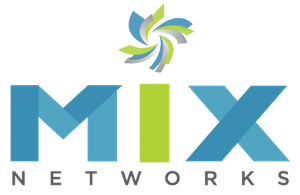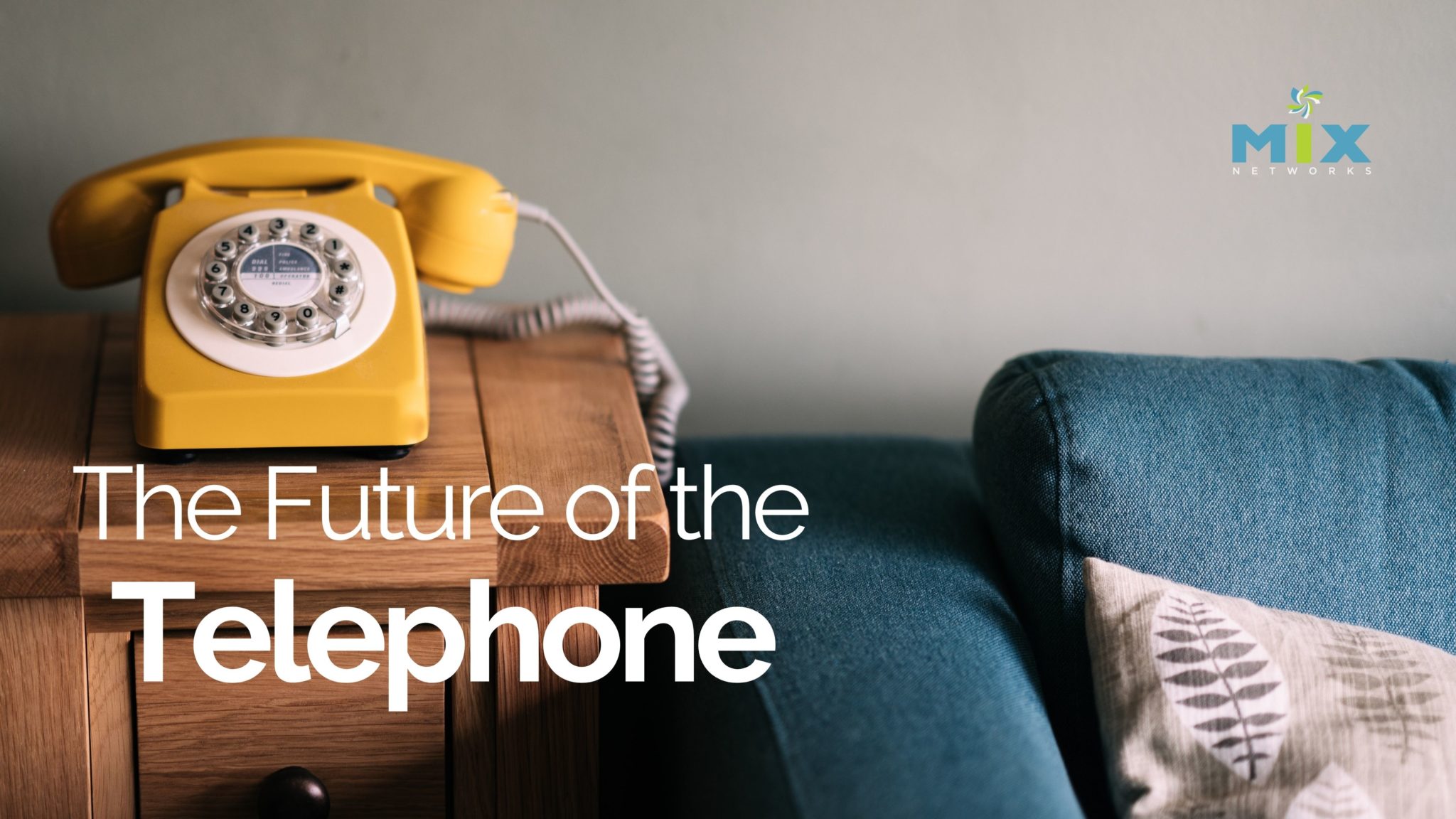The future of the desktop phone: Situational Player!
In professional sports, you often hear the term Situational Player. This usually means that a player has demonstrated exceptional performance in a narrowly defined set of circumstances, but doesn’t have the skills to be a “full-time” player. In football, it might be that guy who is put into the game as a running back for third and short-yardage situations. In baseball, you might see a player inserted into the game “for defensive purposes” late in a game when his team is defending a slim lead. You may also see older baseball players who have lost a step to be used situationally, because they have great success in the past against a specific pitcher, or against pitchers who rely heavily on a particular pitch, like a knuckleball. Such may be the fate of the desktop phone.
I believe that this is where the Desktop Phone is headed. It will never be fully retired, but it will be relegated to those situations where someone knows they are going to be planted at their desk for a long period of time. Most other times, their mobile device will be their first choice for placing or receiving calls. In fact, Frost & Sullivan projects that IP desk phone sales will continue to increase for the foreseeable future. They also stated that more than half of those telephones will be deployed in conjunction with hosted or cloud-based systems by 2021. So, the desktop phone is not going anywhere.
Desktop phones may always have a place in the future
There will always be places where a desktop phone is the right solution, such as at a nurses’ station, a security desk, or a hotel desk. In those cases, the call is being directed to a service station, and the caller expects the call answered by the person at that location, not by somebody who is wandering the grounds. Conference rooms will also always have some sort of communications endpoint associated with them. That may be an IP Desktop Phone or some sort of “room oriented” system, but there will always be something there.
Employees’ demand for mobility is driving usage away from Desktop phones
Nevertheless, employees’ demand for mobility is driving usage away from Desktop phones. That doesn’t just mean having the ability to take calls outside the office, but also the ability to step away from their desk and move around the office. This is further complicated by employees’ desire to only carry one device. Forrester backs this observation with some surprising statistics, stating “53% of information users use their own personal devices for work; install unsupported software; or use unsupported Internet-based services like Dropbox, Skype, Twitter, or Facebook to help them do their jobs.” Forrester has also stated, “Over 70% of mobile professionals will conduct their work on personal smart devices by 2018.”
While it doesn’t matter from which device some cloud services are executed, telephone calls can be a different matter. When employees forward the calls to their personal devices, or when they give out their personal number to customers, a mountain of issues arise for the employer. First, all the features of the company communication system can be lost when the call is transferred outside the corporate communication system. Features such as conferencing, call recording, and even a simple supervised transfer are lost. Second, security and compliance may also be compromised as important data about calls and clients may also be trapped on a personal device. Third, if an employee gives out a personal number, the company can lose the ability to track an important touchpoint with the customer. This is particularly impactful when the employee is a salesperson. If that salesperson leaves the company and goes to work for a competitor, that customer may move right along with the salesperson.
The vision for the future is that every company will have a customized app
The vision for the future is that every company will have a customized app that employees download to their personal smartphone or tablet when they start working for the company. This now becomes their primary tool for communication, as it is a real extension of the company communication and collaboration system. Voice, video, and chat are all natively supported by the device, and such IP-PBX functions as call recording, logging, conferencing, and call forwarding can all be delivered with a single touch on the application interface. The application will communicate primarily on the data side of the phone, which will have no cost to the employee as long as they are logged into the company WiFi network. For those companies with higher security needs, or who need to comply with privacy regulations, a VoIP app running on a smart device can be enabled with encryption such as TLS and SRTP so that both voice and data remain secure when employees are using the app. If all employees are running the app, then other functions such as broadcast text messages can be used for companywide announcements such as weather emergencies.
Another benefit is that when the employee leaves the company, the application, and all the data with it are removed from the phone. The extension or DID number associated with that employee can then be easily redirected to a person who is taking over their responsibilities. While simply wiping the app and reassigning numbers may offer enough security for some companies, others may require a more extensive security solution when a BYOD employee leaves the company. In these cases, the application may be issued as part of a more extensive Mobile Device Management solution.
Just like FAX and POTS Lines, the desktop phone will never completely go away. However, it will become less used and less important to the daily operations of most businesses. It will be that Situational Player that is only important until that one time when you really need it, and it’s not there.







